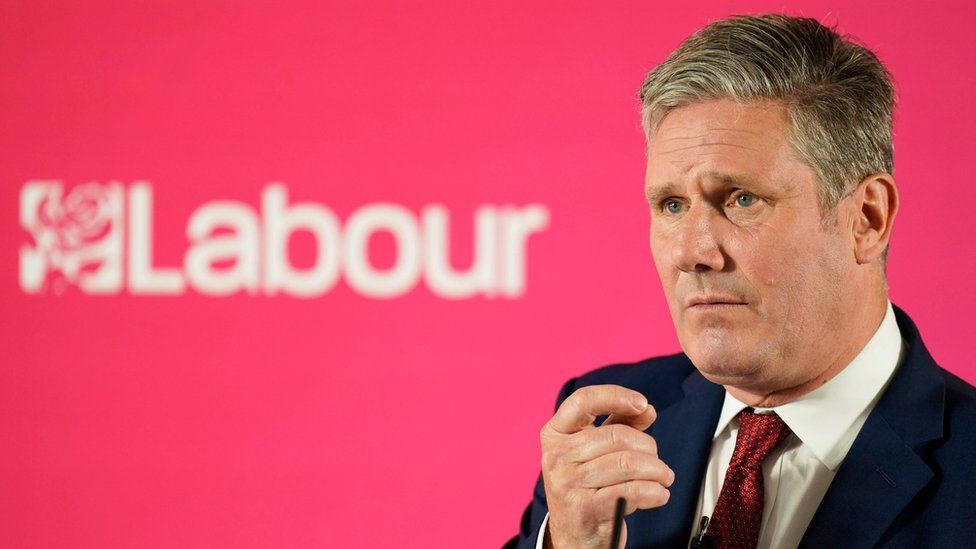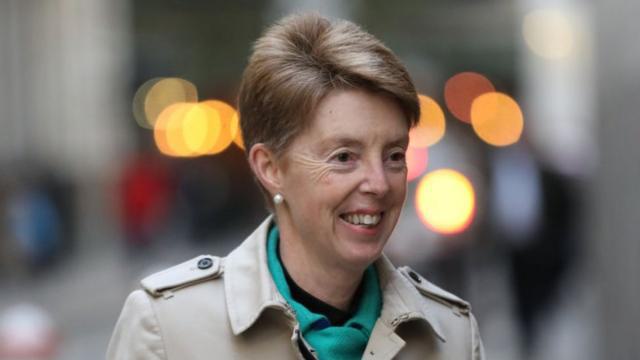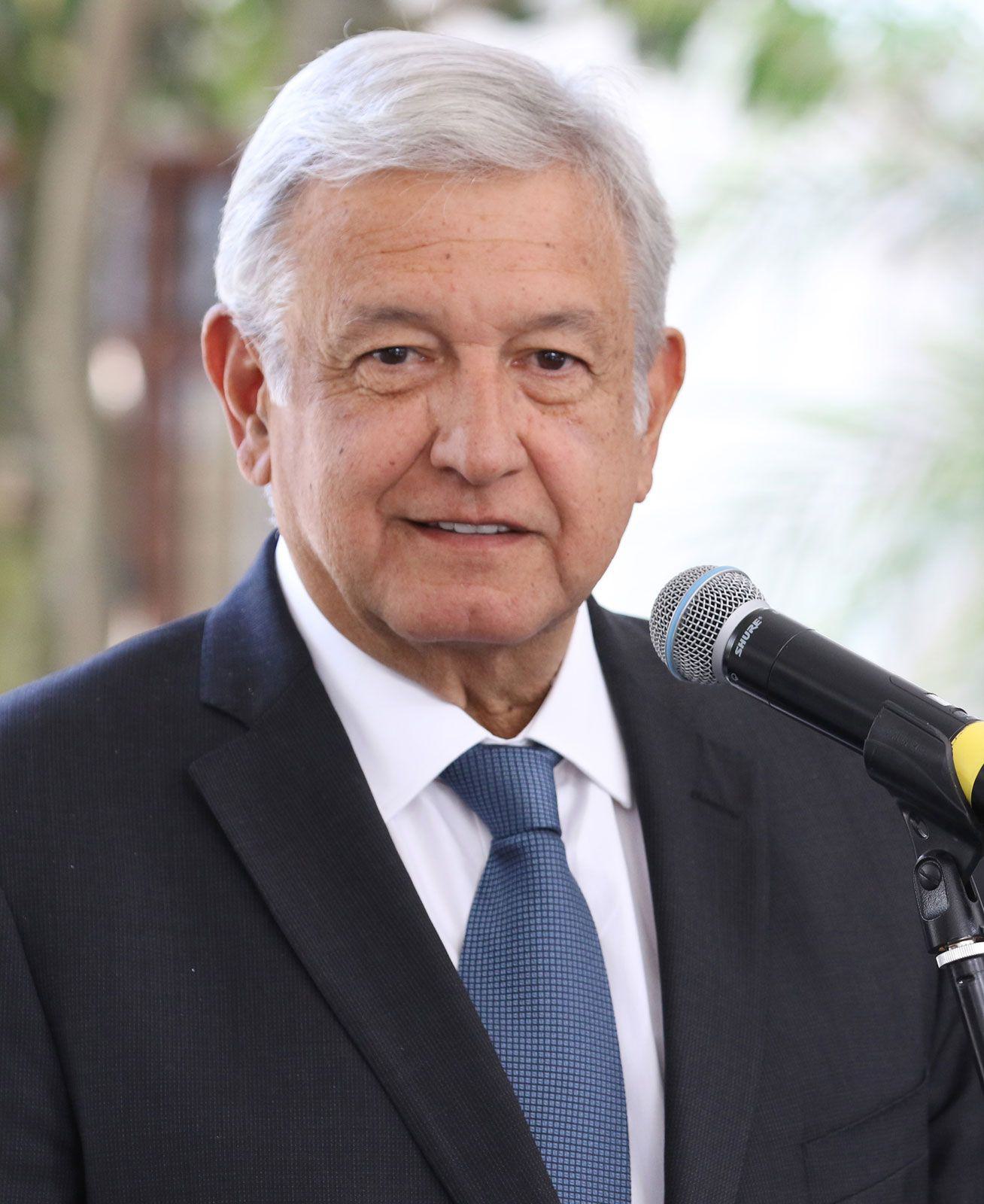Labour Revises Ambitious Green Investment Strategy Amid Economic Pressures
February 9, 2024 - Reading time: 2 minutes

In a bold move, Sir Keir Starmer has announced a significant shift in Labour's approach to its previously declared £28bn annual investment in green initiatives, signaling a pragmatic adaptation to the current economic landscape. This revision comes amid criticisms and challenges, with the Labour leader emphasizing the necessity of this pivot due to economic constraints attributed to the Conservative party's policies.
Labour's commitment to environmental sustainability remains steadfast, with Sir Keir Starmer affirming the party's dedication to surpassing Conservative green project spending should they come to power. The goal to achieve clean power by 2030 remains a cornerstone of Labour's environmental agenda. However, Rishi Sunak, representing the Conservative viewpoint, has critiqued Labour's revised stance, suggesting a lack of concrete planning from the opposition.
This strategic recalibration reduces the previously announced green spending, aligning Labour's investment plans more closely with fiscal realities. Despite this adjustment, Labour maintains its ambition to drive significant green industry investments, including support for battery manufacturing and clean steel production, albeit with moderated financial commitments.
A notable change in Labour's strategy involves scaling back on direct grants and loans for home insulation, a move aimed at balancing investment with fiscal responsibility. Funding for these initiatives is now envisioned to partially stem from a heightened tax on energy companies' profits, reducing reliance on government borrowing.
Initially outlined in 2021, the £28bn investment pledge has undergone several revisions, reflecting Labour's responsive approach to economic conditions and fiscal policy. The most recent update indicates a nuanced strategy, proposing an additional £4.7bn yearly investment over government plans, funded in part by a sustained windfall tax on energy company profits expected to generate £10.8bn over five years.
Sir Keir's decision to adapt the investment strategy underscores a commitment to fiscal prudence amidst challenging economic circumstances. Labour's revised plan aims to balance ambitious green initiatives with the imperative of economic stability, demonstrating a willingness to modify strategies in response to evolving conditions.
Criticism from within the Labour movement and beyond reflects the contentious nature of this strategic shift. Momentum and Unite, representing left-wing and union perspectives, respectively, express disappointment, viewing the revision as a retreat from progressive fiscal policies. Conversely, the Green Party views this as a setback for climate action and economic development.
As Labour refines its green investment strategy, the focus on key initiatives, including renewable-ready ports, battery factories, and clean steel production, remains unchanged. The party's commitment to facilitating green jobs and local energy ownership through council and community group investments illustrates an enduring dedication to environmental and economic transformation.

Darren Stephenson
Darren Stephenson writing spans a wide range of topics, from in-depth political analysis to human interest stories. His unique perspective and engaging narrative style have earned him a loyal readership. Darren's commitment to journalistic integrity and his ability to connect with readers make him a standout voice in modern journalism.




